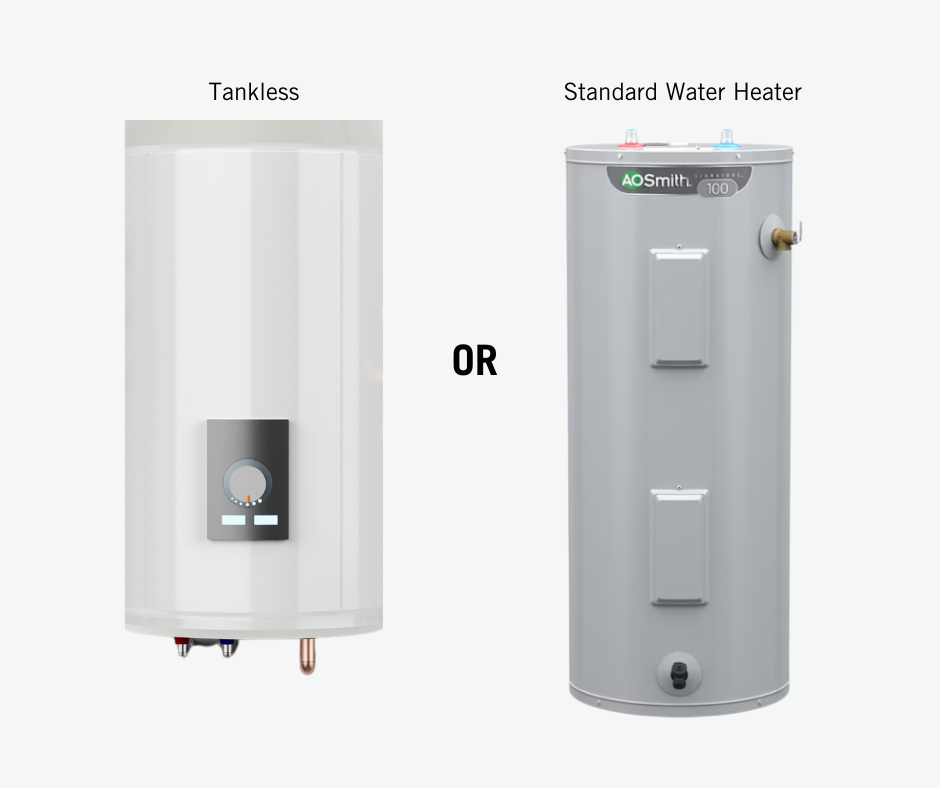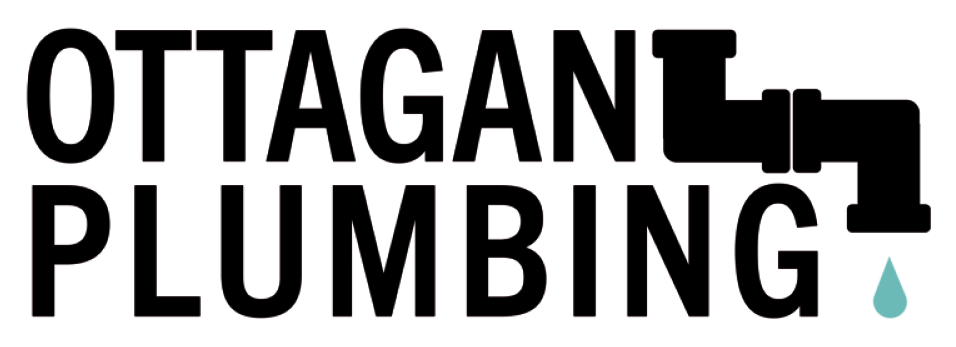When considering a water heater for your home, you may come across tankless water heaters as a modern and efficient option. Unlike traditional water heaters that store and heat water in a large tank, tankless models heat water on demand. This technology comes with both benefits and drawbacks and understanding them will help you decide whether a tankless water heater is the right choice for your home.

Pros of Tankless Water Heaters
1. Energy Efficiency
Tankless water heaters only heat water when needed, reducing energy consumption. Traditional water heaters continuously heat and store water, leading to standby energy losses. According to the U.S. Department of Energy, tankless water heaters can be 24%-34% more efficient for homes using 41 gallons or less of hot water daily.
2. Endless Hot Water Supply
Because tankless water heaters heat water as it flows through the unit, you won’t run out of hot water as you might with a conventional tank system. This is particularly beneficial for larger families or homes where multiple people need hot water simultaneously.
3. Space-Saving Design
Traditional water heaters take up significant space due to their bulky storage tanks.
Tankless models are compact and can be mounted on a wall, freeing up valuable square footage in utility rooms, closets, or garages.
4. Longer Lifespan
Tankless water heaters typically last longer than traditional models. While conventional water heaters have an average lifespan of 10-15 years, tankless units can last 20 years or more with proper maintenance, making them a better long-term investment.
5. Reduced Risk of Water Damage
Traditional water heaters can leak or burst, causing significant water damage. Since tankless water heaters do not store large amounts of water, the risk of leaks and subsequent damage is significantly lower.
Cons of Tankless Water Heaters
1. Higher Initial Cost
One of the biggest drawbacks of tankless water heaters is the upfront cost. A tankless unit can cost significantly more than a traditional water heater, sometimes double or even triple the price. Additionally, installation costs can be higher due to necessary upgrades to gas lines or electrical systems.
2. Limited Flow Rate
While tankless water heaters provide continuous hot water, they have a limited flow rate. If multiple fixtures (showers, dishwashers, and washing machines) are running at the same time, the heater may struggle to supply hot water to all of them effectively. Some households may need multiple units to meet demand.
3. Retrofitting Can Be Expensive
If you are replacing a traditional water heater with a tankless one, the installation process can be complicated and costly. Your home may require additional plumbing, electrical upgrades, or ventilation modifications to accommodate the new system.
4. Inconsistent Water Temperature
Some users report fluctuations in water temperature, especially when the water flow is minimal. This is due to the way the heater activates and adjusts to varying water demands.
5. Possible Delays in Hot Water Delivery
Since tankless water heaters heat water on demand, there may be slight delay in receiving hot water at the tap. This delay depends on the distance between the heater and the fixture, which can be inconvenient for some homeowners.
Is a Tankless Water Heater Right for You?
The decision to install a tankless water heater depends on your household’s hot water needs, budget, and willingness to invest in long-term energy savings. If you value energy efficiency, space savings, and a longer lasting appliance, a tankless water heater may be a great choice. However, if upfront costs and installation challenges are a concern, a traditional water heater might be the better option.
Ultimately, weighing the pros and cons against your specific needs will help you make the right decision. If you’re still unsure, give us a call and we can provide some insight into whether a tankless water heater is the best for your home.

Leave a Reply